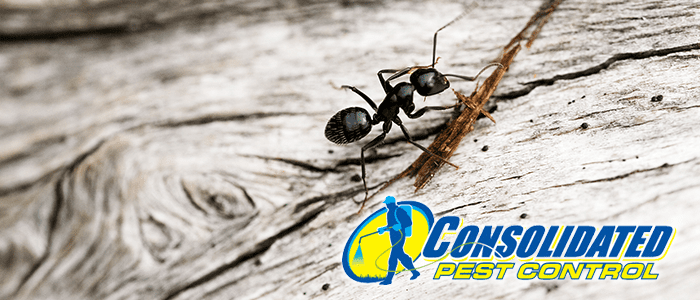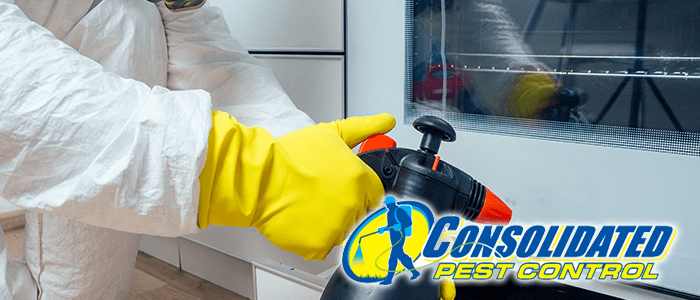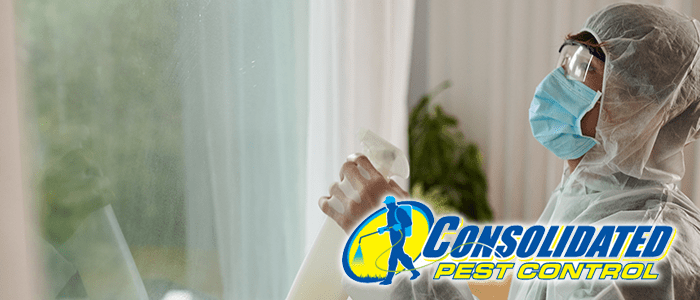
Raccoon dangers can go unnoticed if you see a cuddly little face in a mask. But, don’t let what you may see as cute fool you. Raccoon dangers come in many forms. From diseases to property damage, a raccoon is hardly a hospitable yard mate to have. These animals can have a temper and they can turn on you or your pets. In this article, we’re looking at what makes a raccoon dangerous and what you can do to prevent these pests.
This article is meant to provide general information. If you are dealing with an infestation of pests and need pest control assistance, we’re here to help. Contact us today.
Raccoons Carry Diseases
Rabies
It is a widely known fact that raccoons can carry rabies. Although, to dispel some common myths, it is normal for raccoons to be active during the day. According to this article from the Humane Society, raccoons may be active during the day in order to find food or shelter. This activity is not a sign of rabies. However, a raccoon may have rabies if it is behaving erratically with discharge coming from the mouth or eyes. A rabid raccoon is an issue that needs to be removed by a professional. You should never try to approach or remove a raccoon alone.
Roundworm
Rabies is not the only disease considered a raccoon danger. Raccoons, much like bats, can a wide variety of communicable diseases and hazards. For example, raccoon feces can transmit parasites to your pets and you. The roundworm is carried by raccoons and left in your yard through feces. The roundworms can live in your yard for a long period of time. Unprotected pets that contract the roundworm can have digestive issues and more. Roundworms must be treated by a vet. An infection does not remedy itself.
Leptospirosis
Leptospirosis is also a raccoon danger that can be left behind when they use your yard. This disease can affect animals and humans. Leptospirosis can look like a normal illness like the flu. However, it can progress into much more threating illnesses such as meningitis and liver failure. For this reason, and others, raccoon feces should be removed immediately when found.
Raccoons also carry other hidden dangers and communicable diseases. As a precaution, preventative steps should be taken to curb raccoon appearances.
Property Damage
Not many people think of holes in the roof when they think of raccoon dangers. Raccoons will try to make your property their new home if it has everything that they need to survive. Food, water and shelter breeds pests. Raccoons find food in unsecured trash cans. They can open trash lids and tear apart the contents, leaving garbage strew about your yard. Open pet food and water bowls are another great resource for raccoon dangers. Foraging is a survival means for a raccoon. These furry tyrants will root your gardens of fruits and vegetables. Likewise, bowls of water, birdbaths, ponds, or undrained containers will satisfy the need for water.
But, holes in the roof? These pests can cause damage to roofing shingles and underlayment in order to claim your attic space. By prying up your roof or entering through another opening, a raccoon will attempt to nest in your home. Unfortunately, raccoons can also damage your insulation, vents, and air ducts in order to make their new nest more hospitable.
Garages, sheds, unused dog houses, cars, and campers can all be a raccoon’s new home. Curbing access to resources and visiting these areas often can deter raccoon dangers.
If your home or business is in need of pest control services, our team is happy to help. Contact us today.








